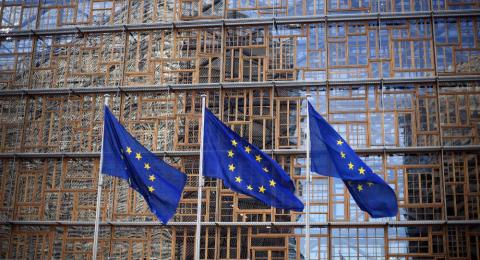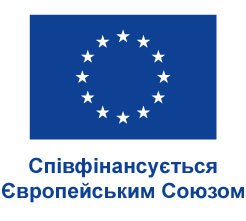Roles and Responsibilities: The European Council

Under Articles 22 and 26 of the Treaty on European Union (TEU), the European Council identifies the strategic interests and objectives of the Union in the area of the CFSP and in other areas of the external action of the Union. In doing so, the European Council acts on the basis of the principles set out in Article 21 TEU: democracy, the rule of law, the universality and indivisibility of human rights and fundamental freedoms, respect for human dignity, equality and solidarity, and respect for the United Nations Charter and international law.
The European Council is one of the Union’s seven institutions since the entry into force of the Treaty of Lisbon on 1 December 2009. It consists of the Heads of State or Government of the Member States (i.e. Presidents or Prime Ministers), together with its own President and the President of the European Commission. The High Representative of the Union for Foreign Affairs and Security Policy (High Representative) also participates in European Council meetings where foreign affairs are discussed.
The European Council elects its own President by a qualified majority, for a term of two and a half years, renewable once. This ‘permanent’ nature of the post is one of the main innovations introduced by the Treaty of Lisbon. Besides convening and chairing its meetings and driving forward the work of the European Council, as well as ensuring the preparation and continuity of its work in co-operation with the President of the European Commission, the President of the European Council also ensures, at his level and in that capacity, the external representation of the Union on issues concerning the CFSP, without prejudice to the powers of the High Representative. It is worth noting that the High Representative is nominated by the European Council and is expected to ensure, inter alia, the implementation of European Council decisions in the area of the CFSP and CSDP.
The European Council does not exercise legislative functions and, unless stated otherwise in the Treaties, takes its decisions by consensus. In the area of Common Foreign and Security Policy, the European Council usually acts unanimously. If a vote is taken, neither the President of the European Council nor the President of the Commission take part. The General Secretariat of the Council assists the European Council.
Source: https://www.egmontinstitute.be/app/uploads/2021/06/CSDP-HANDBOO-4th-edition.pdf

